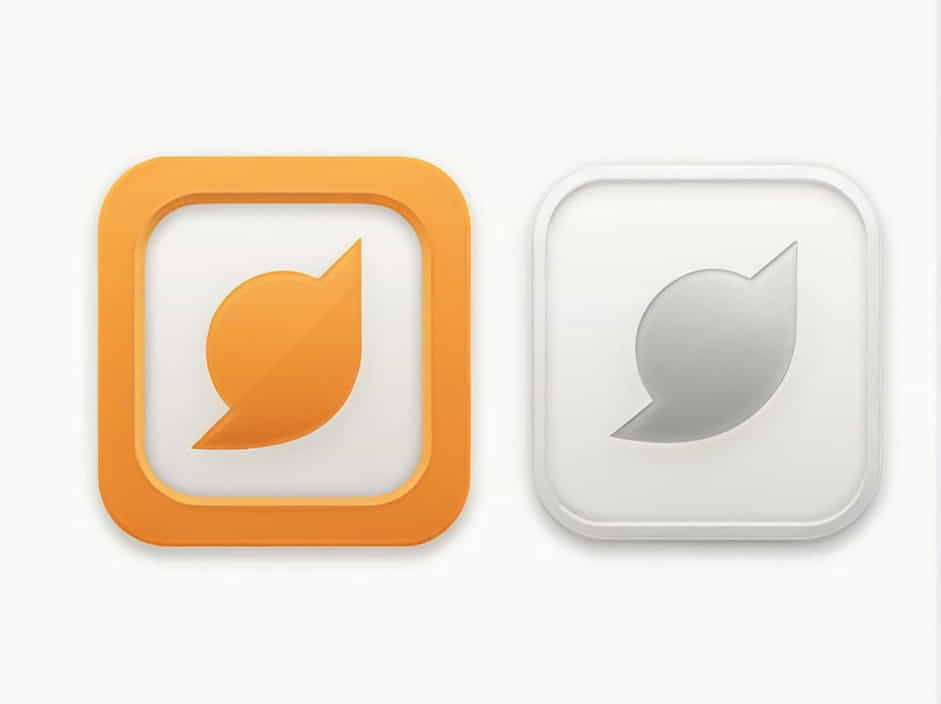In the world of digital storage, understanding file sizes and storage units is essential. Whether you’re downloading a file, saving a document, or managing cloud storage, you’ve likely come across terms like kilobyte (KB) and gigabyte (GB). But how do these units compare in size?
The short answer is: a gigabyte (GB) is significantly larger than a kilobyte (KB). But how much larger, and why does it matter? Let’s break it down in simple terms.
Understanding Digital Storage Units
Computers store data using a binary system, where each unit of storage is measured in bytes. Here’s a quick breakdown of how storage sizes increase:
- Bit (b) – The smallest unit of data, either 0 or 1.
- Byte (B) – 8 bits make up 1 byte.
- Kilobyte (KB) – 1,024 bytes.
- Megabyte (MB) – 1,024 kilobytes.
- Gigabyte (GB) – 1,024 megabytes.
- Terabyte (TB) – 1,024 gigabytes.
From this hierarchy, it’s clear that a gigabyte is much larger than a kilobyte.
How Many Kilobytes Are in a Gigabyte?
Since:
1 megabyte (MB) = 1,024 KB
1 gigabyte (GB) = 1,024 MB
That means:
1 gigabyte (GB) = 1,024 à 1,024 KB = 1,048,576 KB
In other words, a single gigabyte is over 1 million times larger than a kilobyte.
What Can You Store in a Kilobyte?
A kilobyte (KB) is a small unit of storage used for simple data. Some examples include:
- A short text document (about 500 words) is roughly 10 KB.
- A tiny icon image (low resolution) can be 50-100 KB.
- An email without attachments may be 2-5 KB.
A kilobyte is sufficient for storing small files, but it’s not enough for modern multimedia content like high-resolution images or videos.
What Can You Store in a Gigabyte?
A gigabyte (GB) is much larger and can hold significantly more data. Here are some real-world examples:
- 250 MP3 songs (about 4 MB per song).
- 500 eBooks (average size of 2 MB per book).
- A 90-minute HD movie, which takes up about 1-1.5 GB.
- Thousands of high-resolution photos (average photo size: 2-5 MB).
Because of its size, a gigabyte is the standard unit for measuring storage capacity in phones, computers, and external drives.
Comparison: Gigabyte vs. Kilobyte
| Feature | Kilobyte (KB) | Gigabyte (GB) |
|---|---|---|
| Size | 1,024 bytes | 1,048,576 kilobytes |
| Common Use | Text files, small icons | Videos, software, cloud storage |
| Data Capacity | A few sentences of text | Thousands of songs or photos |
| Storage Devices | Old floppy disks, small files | Hard drives, smartphones, USB drives |
From this table, it’s clear that a gigabyte is vastly larger than a kilobyte.
Why Does This Matter?
1. Understanding File Sizes
If you’re downloading or transferring files, knowing their size helps you manage storage efficiently. For example:
- A 10 KB file can be emailed easily.
- A 2 GB file might take longer to download and require external storage.
2. Choosing the Right Storage Device
When buying a USB drive, hard drive, or memory card, knowing how much data it can hold helps you make the right choice.
- A 4 GB USB drive can store about 1,000 songs.
- A 1 TB hard drive can store hundreds of movies.
3. Managing Cloud Storage
Popular cloud services like Google Drive and Dropbox offer gigabytes of free storage, making it easier to store large amounts of data compared to kilobyte-based local storage.
How Much Storage Do You Need?
Your storage needs depend on what you use your device for.
- Basic users (emails, browsing, light documents) – A device with 32 GB storage is enough.
- Moderate users (photos, apps, music) – 128-256 GB is ideal.
- Heavy users (gaming, videos, large software) – 512 GB to 1 TB+ is recommended.
Since modern files are getting larger, kilobytes are no longer practical for most storage needs. Instead, gigabytes and terabytes are now the standard.
Future of Storage: Beyond Gigabytes
As technology evolves, data storage continues to grow exponentially. Here’s what’s next:
- Terabyte (TB) – 1,024 GB, common in external hard drives.
- Petabyte (PB) – 1,024 TB, used in data centers.
- Exabyte (EB) – 1,024 PB, used by tech giants for internet storage.
- Zettabyte (ZB) – 1,024 EB, approaching global internet traffic levels.
- Yottabyte (YB) – 1,024 ZB, not yet in practical use.
With the rise of 4K/8K videos, artificial intelligence, and cloud computing, demand for larger storage units will keep increasing.
Which Is Larger?
A gigabyte (GB) is much larger than a kilobyte (KB).
To summarize:
- 1 gigabyte = 1,048,576 kilobytes.
- A kilobyte is good for small files like text documents.
- A gigabyte is used for photos, music, videos, and apps.
As technology advances, gigabytes and terabytes are becoming the standard for data storage, while kilobytes are mostly used for basic text files. Understanding this difference helps you manage your digital storage more efficiently.
